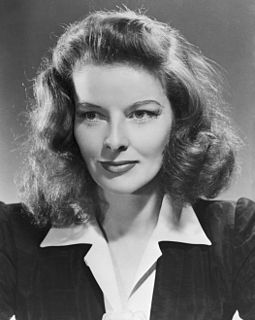A Quote by Melanie Laurent
I never practice before, I never work hours on a script. I just choose my characters and trust them, and after that, it's about the director taking your hand.
Related Quotes
What I love about Inuit carving is that it's so narrative, but it doesn't have the temporal dimension of an illustrated picture, where it feels like something happens before or after. Everything is happening in the sculpture, and you can hold the whole story in your hand. A lot of these sculptures are small enough that you can hide them in your hand completely so you're not looking at them, you're just feeling them. I
We were brought up in the school that teaches: You do what the script tells you. Deliver the goods without comment. Live it-do it-or shut up. After all, the writer is what's important. If the script is good and you don't get in its way, it will come off okay. I never discussed a script with Spence [Spencer Tracy]; we just did it. The same with Hank [Henry Fonda] in On Golden Pond. Naturally and unconsciously we joined into what I call a musical necessity-the chemistry that brings out the essence of the characters and the work.
You may never learn the names of any of the people you talk to in a dog park, even after many, many hours spent there with them, and many hours of conversation. But if - knock on wood - anything should ever happen to your dog, these nameless non-strangers will rally, sympathize, offer to help, and hold your hand. I know this from experience.
In terms of how I work with actors, having worked so heavily on the script I have a very clear idea of the characters; they are reasonably well illustrated in the script. If you cast it right, to a great degree you can hand it over to the actor and I just make suggestions. I'm not the kind of director who needs or wants to get into too much finessing. Ideally, when you hit the set, you have this conversation, like, 'eh, what did you think?' 'I don't know, what did you think?' 'Why don't we just try it again, make a few physical changes.'
There are other ways to motivate students than requiring them to take on debt or work long hours taking away from their studies. For example, we don't allow our kids to work during the school hours their freshman year. After that, they can work a little but not so much that it hurts their education.




































